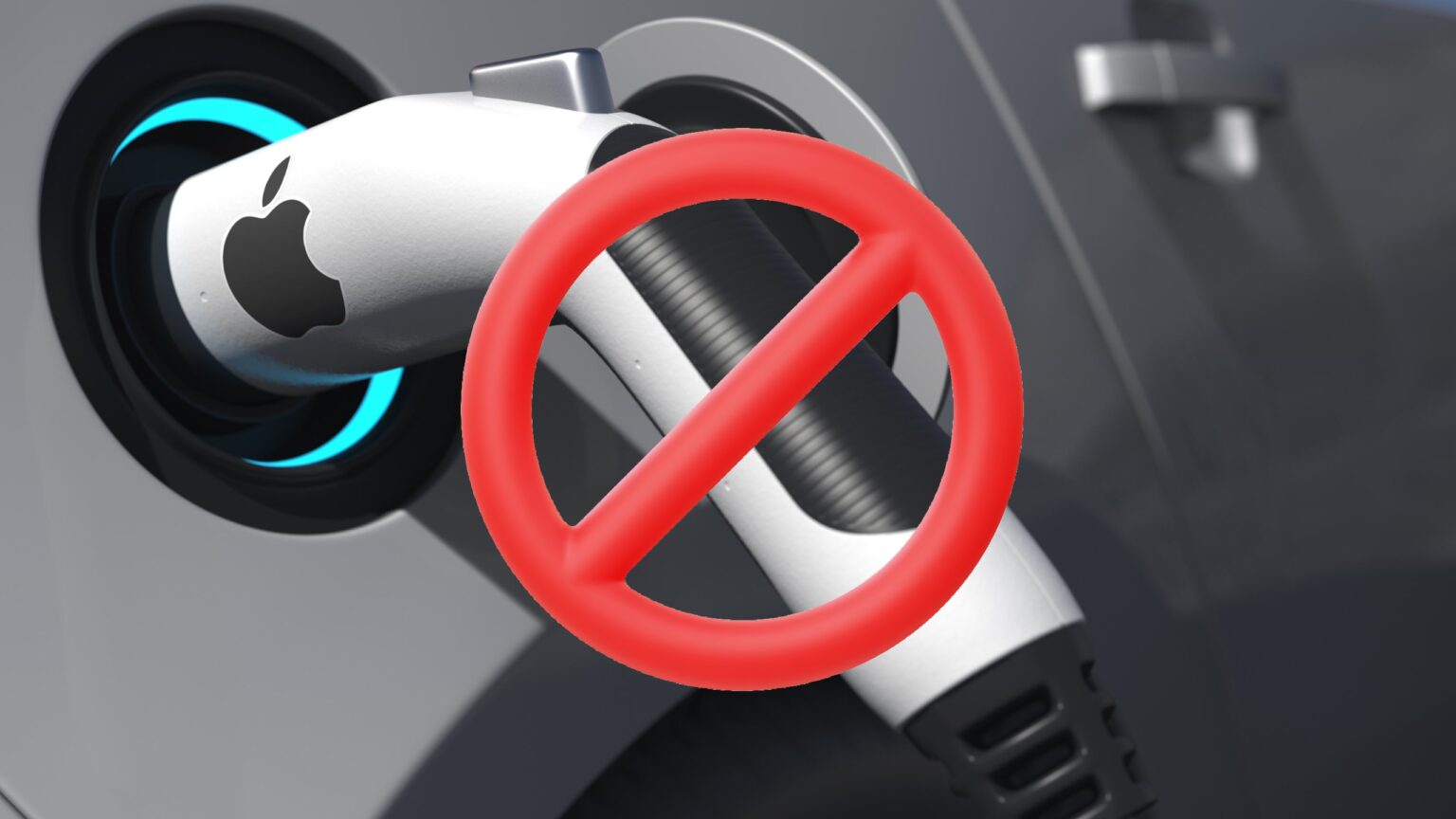After ten years, Apple ended Project Titan, its enormous electric vehicle project, to concentrate on artificial intelligence as the economy negatively impacted the EV industry.
Apple launched Project Titan ten years ago, when the prospect of self-driving cars was all the rage in Silicon Valley. At first, it stated that it planned to introduce a self-driving vehicle as early as 2024.
Several challenges, such as the COVID-19 pandemic, however, slowed the project. The company altered the car’s design from a radical autonomous vehicle without a steering wheel, which would have been a break from conventional automotive design, to a more traditional car with advanced driver-assistance features. In 2019, the company let go of 190 employees from the group.
The company’s primary source of income, iPhone sales, has begun to slow down as competitors release phones with comparable features and affordable pricing.
Along with a general decline in consumer demand for pricey devices, sales of iPad and Mac computers have also decreased.
Apple has cancelled plans to build an Apple Car after working on it for 10 years. pic.twitter.com/pCat35oDWM
— Pop Base (@PopBase) February 27, 2024
Also Read: Google Explains the Dual Dilemmas Plaguing Gemini AI Image Generator
A shift in Focus
According to reports, the nearly 2000 workers committed to the project were shocked by the internal disclosure.
The team received the news from the Chief Operating Officer, Jeff Williams, and Kevin Lynch, a vice president overseeing the project, indicating a shift in focus from automotive ventures to artificial intelligence.
With this action, the plan that helped Apple break into a new industry and possibly replicate the success of the iPhone is now closed. The project’s life subsequently has seen uneven progress, and now its end comes as global automakers reduce their investments in electric vehicles, the demand for which has dropped significantly.
Ben Bajarin, CEO of consulting firm Creative Strategies, said that if it is true, Apple will, as a result, focus more on GenAI, which should give investors more optimism about the company’s efforts and ability to compete at a platform level on AI.
Major automakers, however, have reduced their investments, with some refocusing plans on hybrids instead of fully battery-powered cars. Among them is Tesla, the EV market leader.
Elon Musk, the CEO of Tesla, however, cheered Apple’s decision on X (formerly Twitter) with a post of a saluting emoji and a cigarette.
— Elon Musk (@elonmusk) February 27, 2024
Implications for Apple
In addition to marking a significant shift in Apple’s position, the cancellation of Project Titan also highlights concern about the challenges tech companies face in diversifying their product portfolios. As a result, Apple, a company known for its innovation and market-leading products, may enter a new phase of growth and development by moving away from electric vehicles to focus on AI.
This step additionally underscores how challenging it can be to enter a well-established industry like automotive manufacturing. Apple’s decision to refocus its efforts is expected to be closely monitored by the larger tech community, which could result in new developments in strategic investments and technological development.
Another one falls. This is definitely not a celbration, I would have liked to see what Apple could bring to the market. https://t.co/16TiTUAQYp
It should though be yet another wake up call for those who still don't have the most basic comprehension of the extent of what Elon…
— Jules22 🇦🇺 (@TeslaREDJules) February 27, 2024
The industry and investors, furthermore, will be interested in seeing how Apple’s venture into artificial intelligence unfolds as the company moves past Project Titan. Apple’s move, consequently, into artificial intelligence, which is a ripe field for innovation and growth, is a strategic realignment with the market’s demands today and in the future. This move is especially relevant, given the intense focus on AI following significant advancements and the potential for generative AI technologies.









 and then
and then